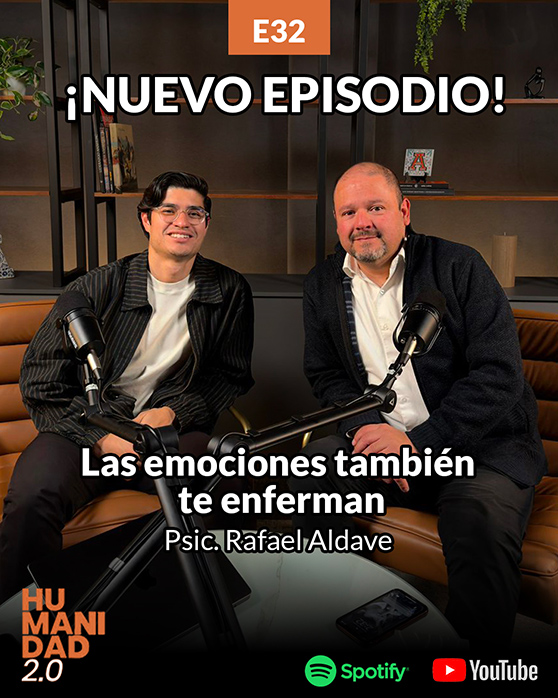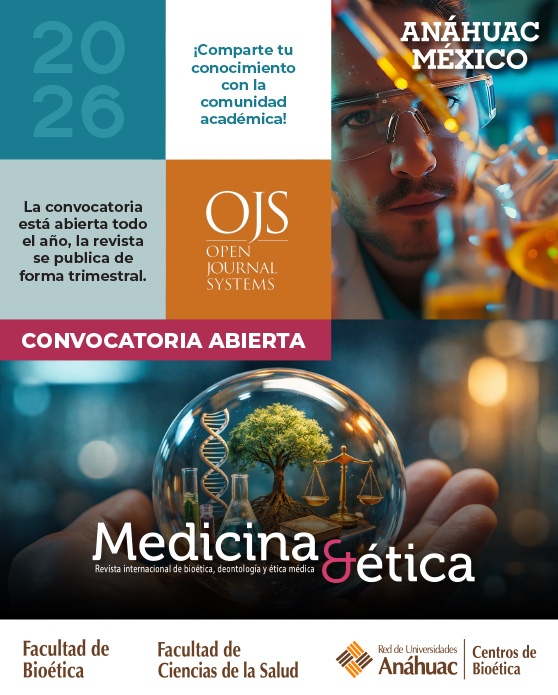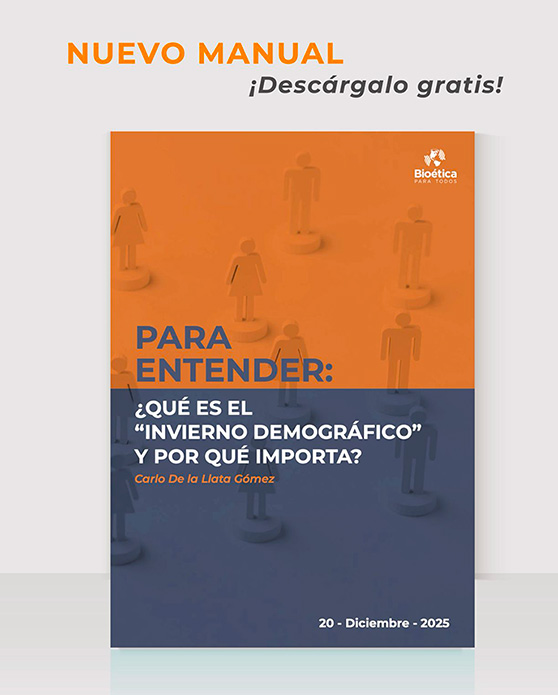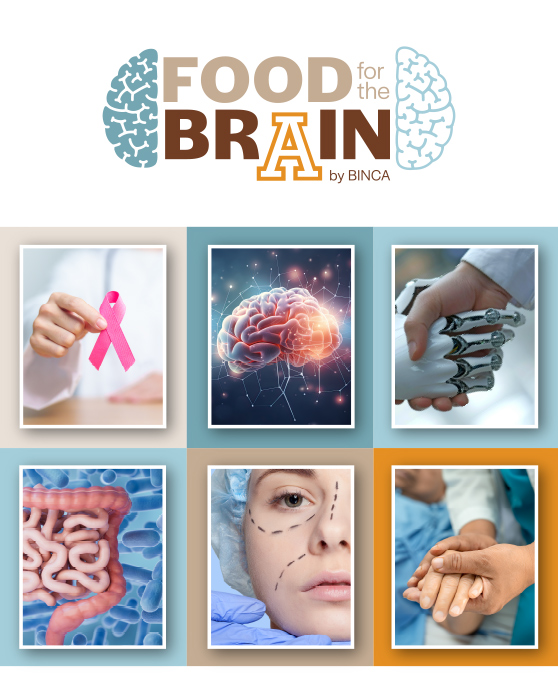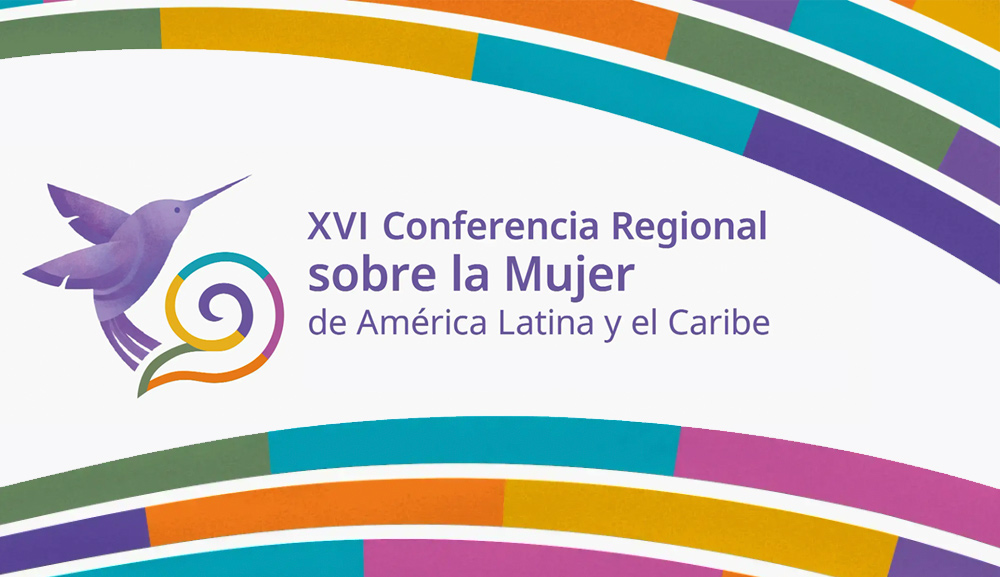
August 18, 2025
Author: Alejandro Sánchez Guerrero
Versión en español
An Analysis Based on ECLAC’s Proposals for a Care Society.
At the opening session of the XVI Regional Conference on Women in Latin America and the Caribbean (CRM), held in Mexico City from August 12 to the 15, 2025, the Executive Secretary of the Economic Commission for Latin America and the Caribbean (ECLAC), José Manuel Salazar-Xirinachs, warned about a crucial demographic phenomenon: the decline in the child population and the onset of an aging process with a high degree of feminization, which will inevitably trigger a growing demand for care (ECLAC, 2025). This reality, combined with the multiple crises the region is experiencing, not only poses economic and social challenges but also confronts us with profound bioethical dilemmas in the way our societies organize and value care.
The “care crisis” is defined by the tension between a growing demand for care and the difficulty of providing it adequately (ECLAC, 2024). Historically, this burden has fallen on women, and it has intensified during periods of socioeconomic crisis and, notably, during the COVID-19 pandemic (ECLAC, 2024; ECLAC, 2022). The sexual division of labor assigns women an overload of caregiving responsibilities, which is neither properly recognized nor valued (ECLAC, 2024). This situation not only compromises women’s economic autonomy but also raises a social issue in which the accumulation of debt to manage living conditions becomes a source of inequality, exploitation, and violence (ECLAC, 2024).
Complexity of Bioethical Dimensions
The centrality of care for the sustainability of human life is undeniable. From a bioethical perspective, care is not only a biological or family function but also a fundamental human right encompassing interdependence among people, self-care, and care for the planet (ECLAC, 2025; ECLAC, 2025a; ECLAC, 2022). The denial or insufficiency of this right generates a series of ethical dilemmas:
Violation of human dignity: When people, especially women and feminized identities, are forced into debt to meet basic care needs, their dignity and well-being are compromised. Studies show that managing such debt is associated with psychological and physical suffering, such as depression, anxiety, insomnia, and bodily deterioration, whose treatment is often postponed due to lack of resources (ECLAC, 2024). This implies that dignified living conditions are not guaranteed for those performing this role.
Distributive injustice and gender equity: The absence of social and gender co-responsibility policies worsens inequality, forcing women to face economic pressures to meet caregiving demands (ECLAC, 2024; ECLAC, 2022). From a bioethical standpoint, this is a matter of social justice, requiring an equitable distribution of caregiving burdens and benefits among all social actors.
Universal access and equity: Population aging in Latin America and the Caribbean, with a significant increase in older people requiring long-term care, while the basic needs of childcare remain unresolved, presents a complex challenge (ECLAC, 2025; ECLAC, 2022). The prevalence of chronic diseases among older adults and the heightened vulnerability of single-parent and low-income households, facing higher poverty rates and greater caregiving burdens, reveal pronounced inequities in access to services and resources (ECLAC, 2025). An ethically responsible healthcare system must guarantee universality and quality of services, adapt to diverse population needs, and move beyond marketization.
The invisible mental burden and subjective well-being: Managing debt involves a significant mental load, manifested in worries, anxieties, and uncertainties, often rendered invisible or naturalized as an inherent part of caregivers’ responsibilities (ECLAC, 2024). Recognizing and valuing this mental strain is a bioethical priority that goes beyond the economic, focusing on the subjective well-being of caregivers (Franco, 2010). The ethics of care, as it has been defined, implies awareness of the attitudes and aptitudes assumed within the human and environmental context, reflecting on coherence between being, knowing, belonging, acting, and speaking (Franco, 2010).
Towards a “Care Society”: Bioethical and Policy Responses
ECLAC has proposed a paradigm shift towards the “care society,” a development model that prioritizes the sustainability of life and the planet, and conceives care as a public good and a driver of the economy (ECLAC, 2025; ECLAC, 2022). This approach seeks to overcome the sexual division of labor and move towards a just social organization of care, which entails deep social and political reorganization (ECLAC, 2022). To this end, public policies must address the following aspects from a bioethical perspective:
Robust regulatory frameworks: It is essential for States to ratify and implement international conventions, such as those of the International Labour Organization (ILO) on workers with family responsibilities and maternity protection, and to continue advancing the constitutionalization and development of comprehensive national care systems, as some countries in the region have already done (ECLAC, 2025a; ECLAC, 2025b). This ensures legal recognition of the right to care and lays the foundation for its enforceability.
Strategic public investment: Investment in the care economy is a strategic investment with multiple social and economic benefits, capable of generating employment, increasing tax revenues, and strengthening women’s economic autonomy (ECLAC, 2025; ECLAC, 2022). From a bioethical standpoint, this represents a necessary allocation of resources for population health and well-being, requiring progressive fiscal pacts to combat tax evasion and avoidance to adequately finance these policies (ECLAC, 2025; ECLAC, 2022).
Labor policies and time redistribution: It is crucial to implement measures promoting gender co-responsibility in the workplace, including the expansion of paid, non-transferable maternity and paternity leave, urgent leave, and flexible work schedules (ECLAC, 2025; ECLAC, 2025b). This not only improves the working conditions of caregivers but also enables men’s equitable participation in caregiving tasks, reducing women’s burden.
Quality infrastructure and services: Investment in basic infrastructure (water, sanitation, electricity) and in accessible, quality care services (early childhood education, care for older people and people with disabilities) is vital to reduce women’s unpaid care workload, particularly in rural and low-income areas (ECLAC, 2025; ECLAC, 2022). Public provision of quality care services is essential to prevent segmentation and guarantee equity.
Breaking statistical silence and cultural change: The lack of disaggregated data by sex, ethnicity, age, and socioeconomic status on caregiving work hinders a full understanding of inequalities (ECLAC, 2025). Collecting and using this information is fundamental to designing effective, transformative policies. Likewise, communication and awareness campaigns are essential to challenge gender stereotypes and promote a culture of social co-responsibility in caregiving (ECLAC, 2025; ECLAC, 2022). This aligns with the need to foster critical awareness for life and promote health from subjective, intersubjective, and objective dimensions in social and cultural practices (Franco, 2010).
In conclusion, the care crisis in Latin America and the Caribbean represents a complex web of economic, social, and, fundamentally, bioethical challenges. Recognizing care as a universal human right, prioritizing the sustainability of life and the planet, and promoting social and gender co-responsibility are the pillars of the “care society” proposal. The path toward this transformation requires collective action by States, the market, communities, and families, through innovative public policies and an ethical commitment that places human dignity and the well-being of all people at the center of any development model. Only in this way can we build a fairer, more equitable, and sustainable future for the region.
References
- Economic Commission for Latin America and the Caribbean (ECLAC). (2022). The care society: A horizon for a sustainable recovery with gender equality (LC/CRM.15/3). United Nations.
- Economic Commission for Latin America and the Caribbean (ECLAC). (2025). Document for the XVI Regional Conference on Women in Latin America and the Caribbean: Promoting the care society (LC/CRM.16/3). United Nations.
- Economic Commission for Latin America and the Caribbean (ECLAC), United Nations Entity for Gender Equality and the Empowerment of Women (UN Women), & International Labour Organization (ILO). (2025a). The right to care in Latin America and the Caribbean: Regulatory advances (Gender Equality Observatory for Latin America and the Caribbean. Studies, 4; LC/PUB.2025/9-P). United Nations.
- Economic Commission for Latin America and the Caribbean (ECLAC) & International Labour Organization (ILO). (2025b). Time to care in Latin America and the Caribbean: Towards social and gender co-responsibility (Gender Equality Bulletin, 4). United Nations.
- Franco Peláez, Z. R. (2010). Awareness, will, autonomy, and responsibility in bioethics as an ethics of care for development with human dignity. Revista Hacia la Promoción de la Salud, 15(2), 110–124. Retrieved from http://www.redalyc.org/articulo.oa?id=309126694008
- Partenio, F., Tumini, L., Villafañe, S., & Wilkis, A. (2024). Going into debt to care: Gender and inequality in Argentina (ECLAC Books, No. 165; LC/PUB.2024/23-P). Economic Commission for Latin America and the Caribbean (ECLAC).
Alejandro Sánchez Guerrero holds a bachelor’s and master’s degree in social psychology and a doctorate in interdisciplinary research. He is currently pursuing a master’s degree in bioethics and serves as the General Coordinator of CADEBI. This article was assisted in its drafting through the use of NotebookLM, an artificial intelligence tool developed by Google to facilitate collaboration and analysis in interactive notebooks.
The opinions expressed in this blog are the sole responsibility of their authors and do not necessarily reflect the official position of CADEBI. As an institution committed to inclusion and plural dialogue, CADEBI promotes and disseminates a diversity of voices and perspectives, with the conviction that respectful and critical exchange enriches our academic and educational work. We value and encourage all comments, responses, and constructive criticism that readers may wish to share.
More information:
Centro Anáhuac de Desarrollo Estratégico en Bioética (CADEBI)
Dr. Alejandro Sánchez Guerrero
alejandro.sanchezg@anahuac.mx

